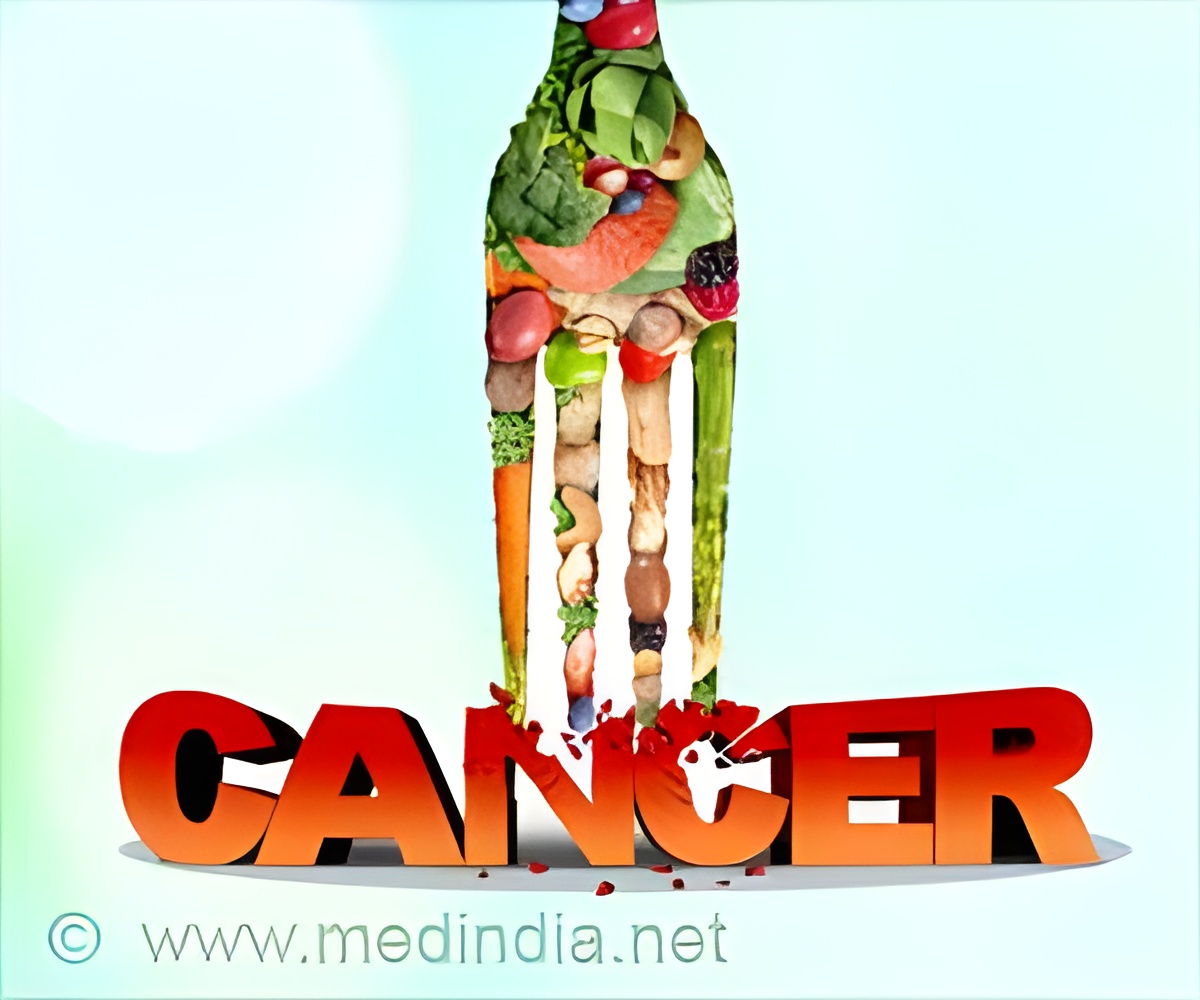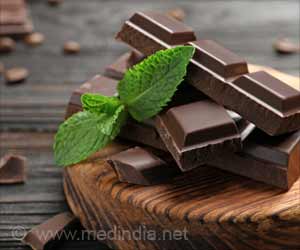Does diet impact healthy and cancerous cells? A new tool developed can predict the impact of diet on health and disease.

Does Unhealthy Diet Affect Cancer Cells?
They found specific changes in metabolism associated with unhealthy diets, which were seen to promote the production of glycerol and succinate in both cancerous and healthy tissues. They also observed that the differences in metabolism between healthy and cancerous cells were highest in the context of an unhealthy diet, suggesting that tumors are able to better exploit unhealthy diets to promote survival and growth.‘Identifying specific metabolic changes caused by certain nutrients in the diet may help understand how cancer cells alter their metabolism to promote survival and growth.’
Read More..




In the study, the researchers discovered specific changes in metabolism associated with unhealthy diets that were found to enhance the production of glycerol and succinate in both cancerous and healthy tissues. They also observed that the variations in metabolism between healthy and cancerous cells were most pronounced when the mice were on an unhealthy diet. This suggests that tumors are more effective at utilizing unhealthy diets to promote survival and growth. Read More..
By using experimental data from the lab, the model allows us to start understanding the complex metabolic changes that happen in tissues due to specific nutrients in the diet.
Role of Diet in Health and Disease
Dimitrios Anastasiou, head of the Crick’s Cancer Metabolism Laboratory, said: “We know that poor diet wreaks havoc in our body’s metabolism. It can cause obesity and promote liver disease, which, in turn, can progress to liver cancer. We want to understand which nutrients in our diets, and in what combinations, drive these detrimental outcomes.”The team then modeled the effects of a change in dietary components - from healthy to unhealthy, and unhealthy to healthy - in various combinations. They observed that, although some cancer-specific metabolic functions persisted on healthy diets, they could also reverse many of them, but only when both fats and carbohydrates were limited.
Frederick Clasen, first author and PhD student jointly at the Crick and King’s College London, said: “The potential applications of this work are far reaching. We can now see which changes in diet actually impact cell metabolism, and which have very little effect because the cells are already programmed to draw missing nutrients from their surroundings."
The researchers are working to improve the accuracy of their model's predictions by creating more advanced models of metabolism that consider how different organs interact and exchange metabolites, and how gut bacteria affect nutrient availability to tissues. By using experimental data from the lab, the model allows us to start understanding the complex metabolic changes that happen in tissues due to specific nutrients in the diet. This approach could be used to help direct dietary changes that complement treatments for various illnesses. The ultimate benefit of this understanding will be in disease prevention, by enabling us to make more informed food choices.
Advertisement















